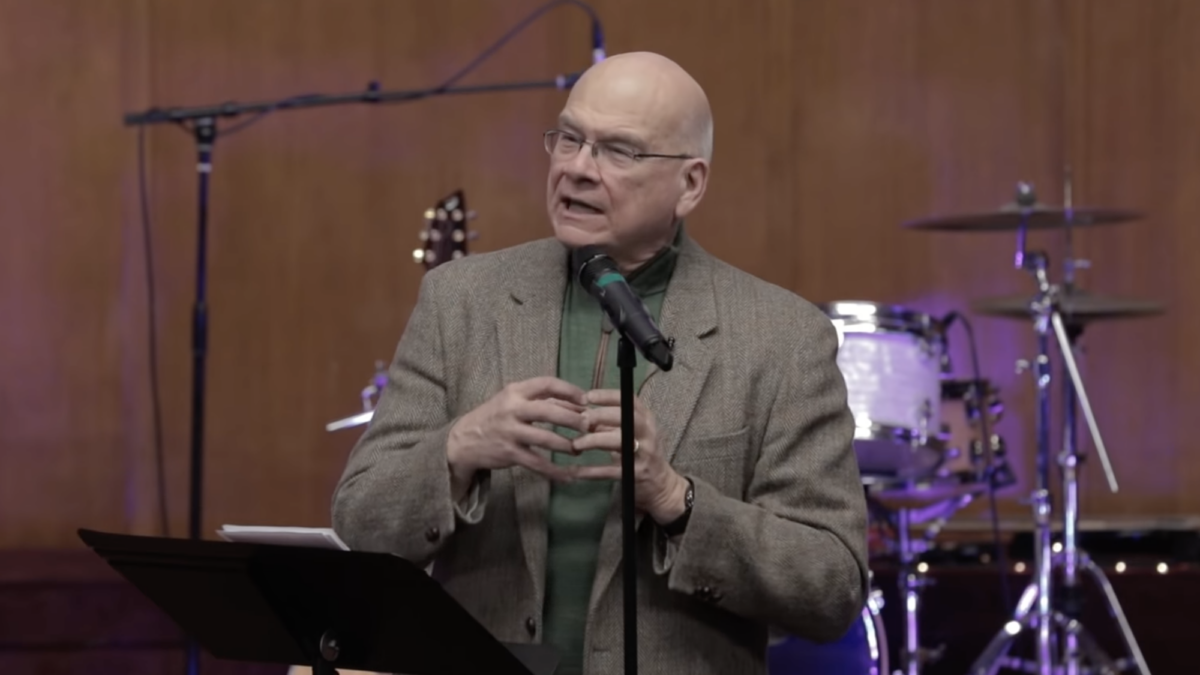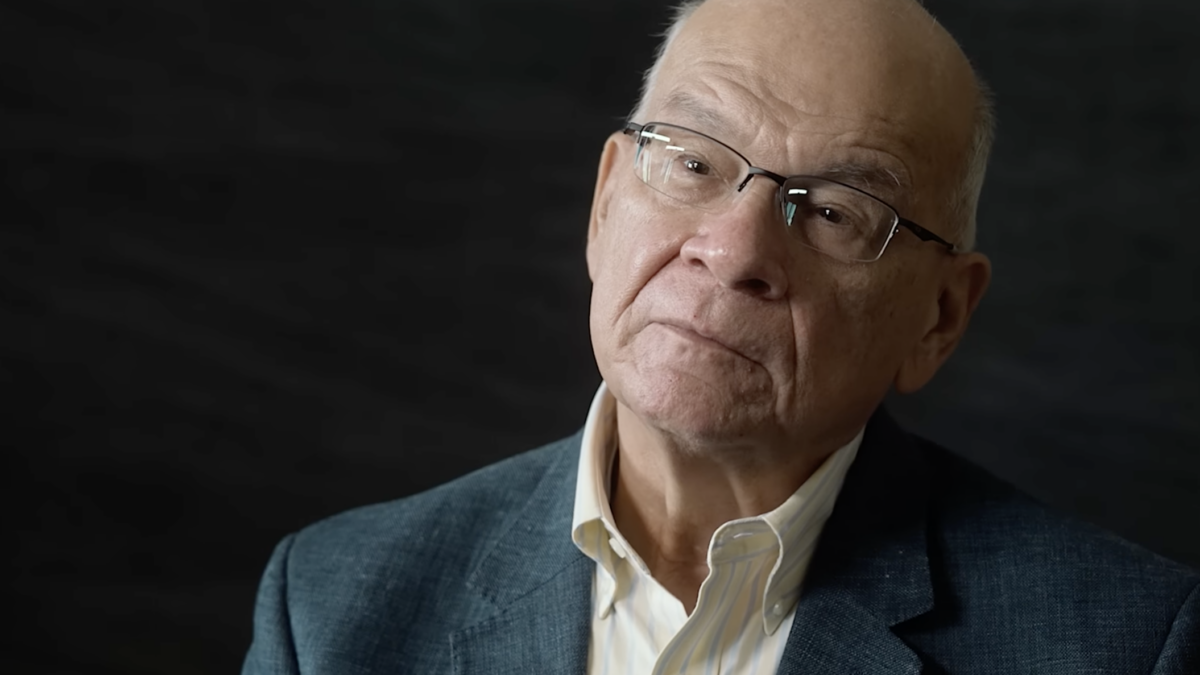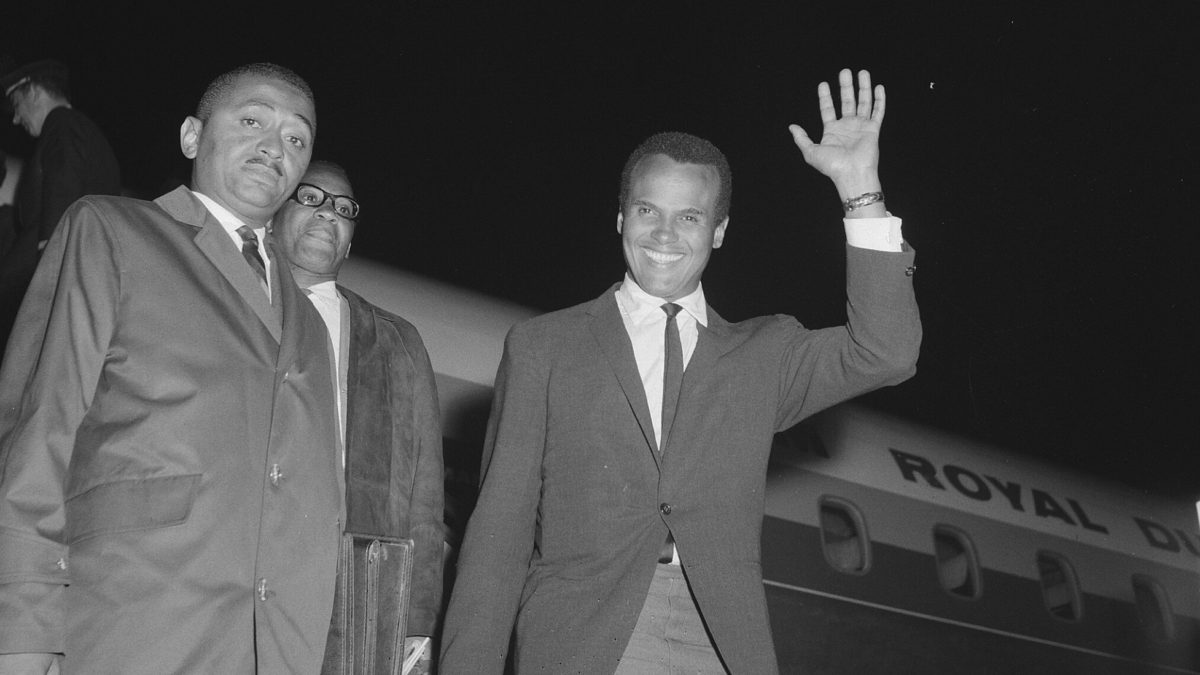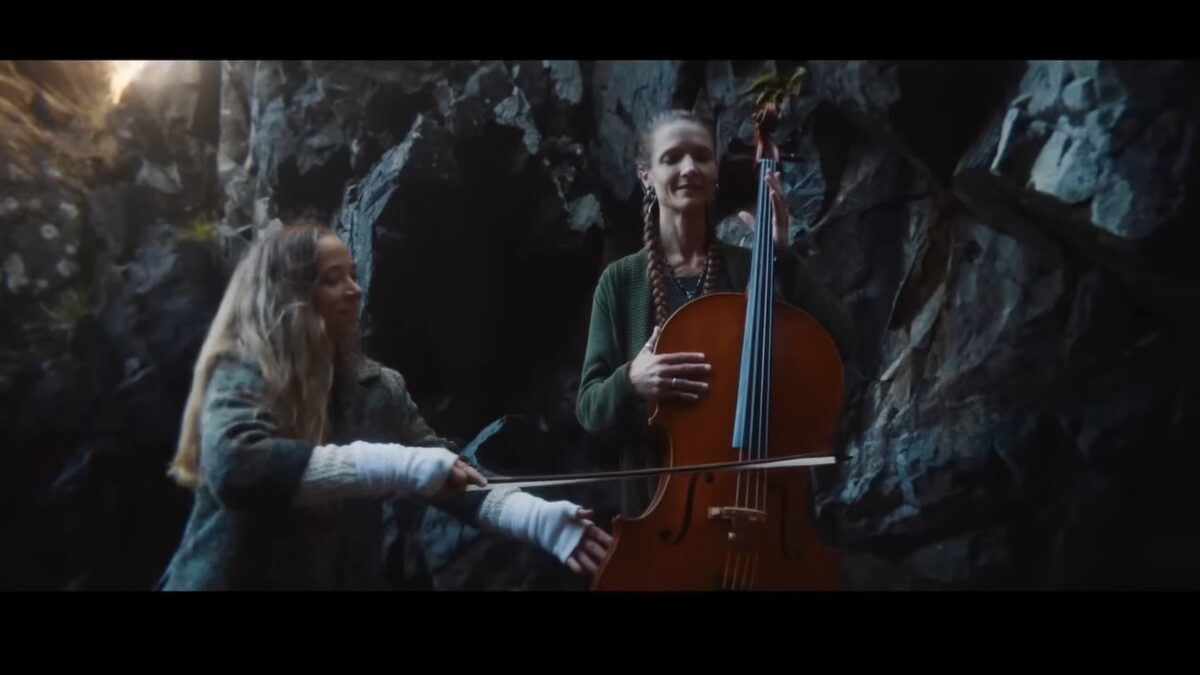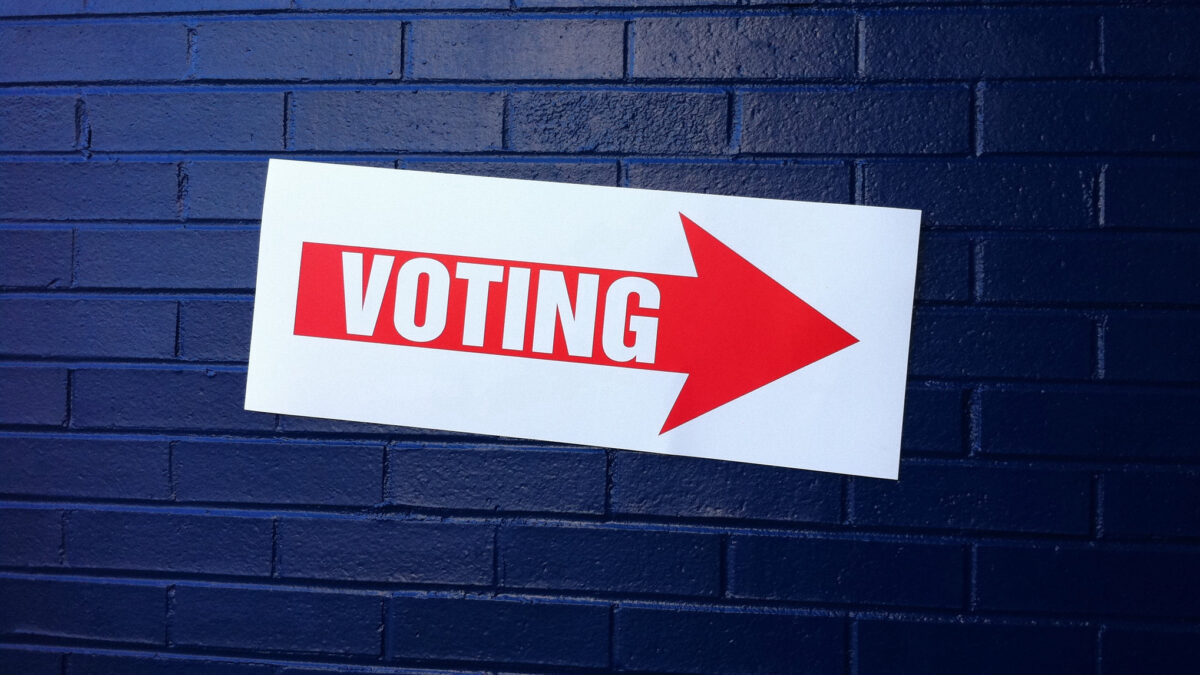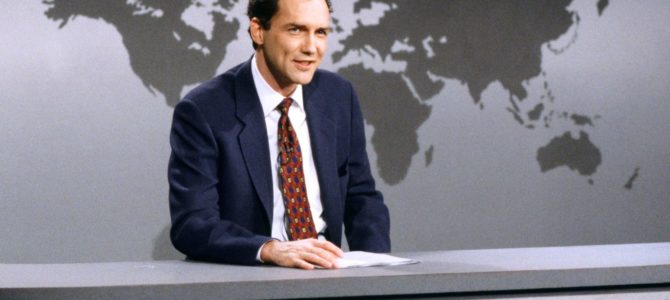
The funniest man in the world has died.
Norm Macdonald is often spoken of as a “comedian’s comedian”, which serves as a backhanded compliment, implying that he’s an acquired taste, and if you don’t get him, well, go watch some more Kevin Hart.
In my experience, the opposite is true. A Norm Macdonald joke is best understood as a feat of strength, almost as if it were designed in response to a dare: how can I make you laugh at this horrible, terrible thing? How can I make an audience explode at an absurd pun? How can I take a two-line street joke and turn it into a six-minute tale of Russian sadness?
It is the comedy equivalent of deciding out of nowhere to lift a car with your bare hands, and Norm seemed to love it every time.
We didn’t have cable growing up, and I was too young to watch Norm’s original “SNL” run as “Weekend Update” anchor. So it was only when I got to college and Comedy Central ran old “SNLs” on repeat all afternoon that he became the permanent background to my life. The plethora of clips on Youtube today create the ability to take your darkest day spent in a hospital and turn to a clip of Norm’s combination of acid tongue and impish glee – and spur unrestrained laughter and relief.
Please, if you have not done so before, consume them. I can’t do justice to the amount of funny there is contained within. There is no line he would not cross, there was nowhere he would not go for a joke he believed in. Or as he told it:
“I did this joke in which I showed that picture of the girl running away from napalm in Vietnam. I said, ‘In gossip news, Woody Allen’s dating again.’ Lorne told me not to do it, and I told him he was wrong, that people would like it. Then I did it in dress rehearsal and there was this insane audience reaction that went on for two minutes: hate. I was completely wrong.”
Or was he? If the point of the joke is that the audience loves you, cheers for you, claps for you, is it really a joke? Does it deserve the laugh if no one is offended? Norm is often held up as a model for the newsy jokesters that followed him to far more popularity and hit shows and money – but he didn’t just seem disinterested in clapter, he seemed actively interested in turning it against the audience. That remains my favorite Weekend Update aside, about the pie charts on car accidents: “So, now you don’t know what the hell to do.”
Norm was an incredible talk show guest, perhaps the last of his kind – a connection that extends to Rickles and Rivers.
You never knew what you would get with him. There was no need for canned stupid games or singalongs or skits – he could talk about anything and find humor in anything and turn things around on a dime. The Moth joke so famously associated with him occurred to him in the break, since he didn’t know he had an extra segment with Conan. The segment was six minutes, so he took that long to tell the joke.
He was also a surprisingly skilled interviewer. His show, “Norm Macdonald Live,” which morphed into a Netflix property unfairly stomped on by an interview where he criticized the excesses of MeToo, features a surprising number of moments where he asks famous and oft-interviewed guests questions that probe more deeply into their methods or beliefs than you’ve ever heard before. And then in classic Norm fashion, he would do his best to get them to tell offensive jokes which he repeatedly swore he did not write.
I met him during his book tour in Washington, D.C., at the event where he told the baby harp seal story.
Afterward, Norm made me one of the handful of people he followed on Twitter, where we had lengthy intermittent conversations about Charles Portis – who he called the greatest comic novelist since Mark Twain – the state of comedy, family life, and more. I told him honestly that the Moth joke was the first video I played for my daughter. Last year as New York was going through hell, he said we must have a steak dinner “when the empty panic dissolves”. This spring, when Fox gave me the opportunity to host Primetime, I tried, repeatedly, to have him come on – he demurred, but offered words of support, and said he was waiting on a vaccine so he could cross the Canadian border. “I’ll keep you posted,” he wrote to me in June.
There is a loneliness to Macdonald’s comedy, particularly in his book, which you all should read – the eulogy at the end is particularly moving now. It doesn’t surprise me that he didn’t tell anyone he was sick – as Anthony Jeselnik, himself a darker inheritor to much of Norm’s acid approach, observed.
Battling cancer for 9 years without telling anyone is the most Norm Macdonald shit ever.
— Anthony Jeselnik (@anthonyjeselnik) September 14, 2021
Norm could talk about anything. At that dinner that never happened, I’d probably talk to him about God, which he raised with Jerry Seinfeld at around the 26-minute mark.
Where his comedy touched on issues of faith and death, he could surprise you by turning from utterly sarcastic to incredibly thoughtful. His bit about fighting cancer came to mind immediately upon the news yesterday, perhaps the only commentary he wanted to offer on his own ordeal:
“I’m pretty sure, I’m not a doctor, but I’m pretty sure if you die, the cancer dies at the same time. That’s not a loss, that’s a draw.”
RIP, you old chunk of coal. I still owe you that steak.


